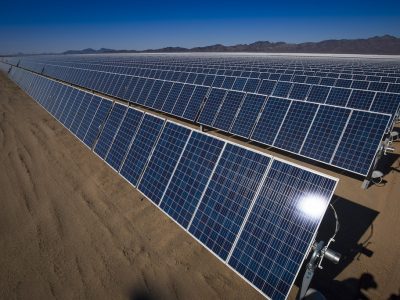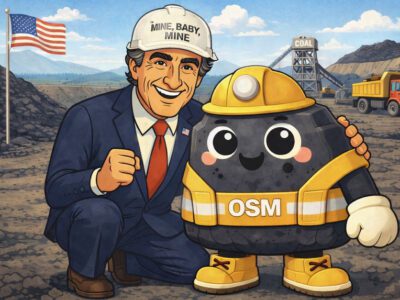Let Discovery Begin!
Unless the Supreme Court intervenes, discovery can begin in the Baltimore climate nuisance case
 The oil companies that have fought cities around the country that have filed climate change nuisance cases against them may finally have to tell plaintiffs’ lawyers about what they knew about the connection between climate change and their business activities, when they knew it, and what they did in response. The Fourth Circuit Court of Appeals has denied the oil companies’ motion to stay proceedings in Mayor and City Council of Baltimore v. BP et al pending the outcome of a federal appeal the oil companies have filed. That means discovery should be able to proceed in state court unless the U.S. Supreme Court steps into intervene, a highly unlikely outcome. (Full disclosure: I provide some pro bono consulting on the Baltimore case and several others.)
The oil companies that have fought cities around the country that have filed climate change nuisance cases against them may finally have to tell plaintiffs’ lawyers about what they knew about the connection between climate change and their business activities, when they knew it, and what they did in response. The Fourth Circuit Court of Appeals has denied the oil companies’ motion to stay proceedings in Mayor and City Council of Baltimore v. BP et al pending the outcome of a federal appeal the oil companies have filed. That means discovery should be able to proceed in state court unless the U.S. Supreme Court steps into intervene, a highly unlikely outcome. (Full disclosure: I provide some pro bono consulting on the Baltimore case and several others.)
The City of Baltimore has, like a number of other municipalities around the country and the State of Rhode Island, sued oil companies alleging that they created a public and private nuisance in their sale, extraction, and production of fossil fuel products knowing that their products would cause and contribute to climate change. The cases seek compensation to pay for the damages the governments have and will continue to experience from harms like sea level rise, more intense heat waves, hurricanes and flooding, and more intense droughts and wildfires. In the Baltimore case, the oil companies sought –as they have in all of the nuisance cases filed in state court — to remove the case to federal court. The reason for the removal motion is that the companies believe they are more likely to get the cases dismissed in federal court than in state court. But in four out of five cases, including in Baltimore, Boulder, a California case brought by a group of cities and counties, and the State of Rhode Island, district court judges have denied the motions to remove. Those cases are all on appeal. In the case of Baltimore, the case against the oil companies can now proceed pending the outcome of the appeal.
It seems safe to assume that the oil companies do not want plaintiffs to be able to get into their old files, question their executives, and require the companies to answer written questions about their knowledge of climate change. Nor do they want to have to reveal what they have done to finance campaigns of disinformation to persuade the American public that climate change isn’t real or isn’t caused by humans. They also prefer to keep hidden what they have done to protect their own assets against the ravages of climate change. We have already seen documents that provide answers to some of these questions but much more damning information is likely to come out during the long discovery process. Worst of all for the oil companies may be the questioning of executives – under oath — by experienced trial lawyers who will ask them tough and uncomfortable questions about their knowledge and behavior. The process of discovery will be long and drawn out and oil companies will put up every obstacle imaginable in an attempt to avoid answering questions along the way. But the cases have reached a new stage that no other climate change nuisance case has. Things are about to get interesting.







Reader Comments